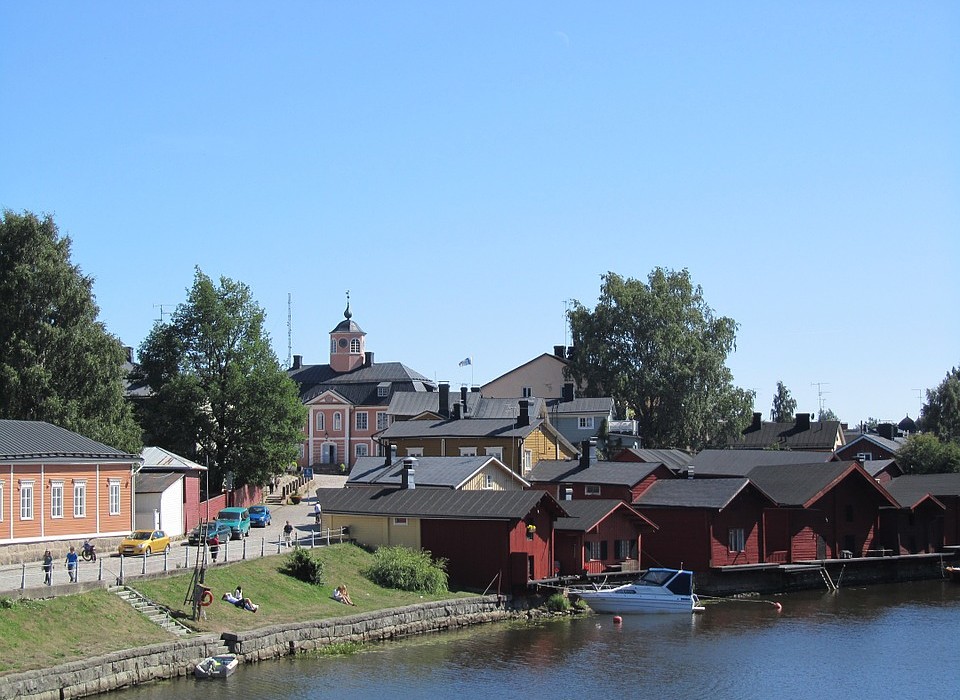Turku – achieving smart multimodal mobility
Authors: Ana Drǎguțescu, ICLEI Europe, Roope Virta, City of Turku
MaaS has undoubtedly had a head start in Finland. Recently, the Finnish Transport Agency invested in two MaaS start-ups, Whim in Helsinki and Tuup in Turku. Against this backdrop, the city of Turku has set itself the objective to create a MaaS ecosystem incorporating several transport operators: its participation in the CIVITAS ECCENTRIC project is fostering this process.
Like many small- and medium-sized cities with limited budgets, MaaS appeals to Turku as it facilitates the integration of diverse mobility measures, including first and last mile solutions, mobility services in low demand areas, and parking space optimisation. This helps increase the efficiency of the overall transport system without too much financial outlay.
MaaS will also help Turku develop new solutions to raise the service level of public transport and establish shared mobility as a real alternative to car ownership. The combined impact of these should make the city a better place to live and work.
Yet there remains the crucial question – how should MaaS be implemented? Up to four MaaS business models are thought to be employed at the moment: commercial car sharing, peer-to-peer car sharing, taxi/ride sharing, and subscription services combining local bus, taxi and car sharing services. Currently, the latter two are in place in Turku.
Turku Region Public Transport, also known as Föli, covers an area with 285,000 inhabitants. Together with numerous operators, Föli provides both individuals and companies with a range of applications and packages that make travelling easier.
Föli for businesses sees employers subsiding tickets as a way of encouraging more people to take public transport. This enhances occupational wellbeing and health and reduces the costs arising from commuting. Businesses participating in the scheme also have screens in their offices displaying departure timetables for nearby bus stops.
The VR online service allows the purchase of both a train and a bus ticket at the same time. Single tickets for use on Föli services are also available via VR if the train or bus is departing from or heading to a station in the Turku area.
Fölix (Föli + Taxi) combines the flexibility of a taxi with Föli’s affordable rates. Users can call taxis to take them from home to a Föli bus stop or vice versa. The Fölix service is available throughout the aTuregion.
Tuup is a smart application that allows for route planning and comparing the various mobility option. At a later stage, it should serve as integrated platform for platform payment.
The Föli mobile app can be used to buy single tickets, travel cards, and TurkuCards, all of which are valid in the entire Föli region. The app also offers combination tickets, which include the entrance to an event as well as bus tickets, whilst it can also renew season tickets.
The aim is for residents and the city’s employees to be aware of these new MaaS services and to provide convenient, sustainable and affordable alternatives to car ownership.
Currently, as part of CIVITAS ECCENTRIC, business models are being designed that should facilitate cooperation between different existing service providers and the development of service packages. These will later be marketed through various communication channels.





